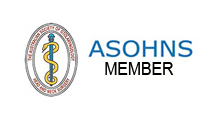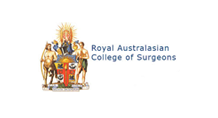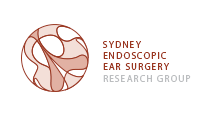Sinusitis Medication
Sinusitis is a common disease process involving about one third of the Australian population. It is far more common in adults that in children. Chronic Rhinosinusitis (CRS) usually occurs when symptoms have been persistent for more than 12 weeks.
The main symptoms of sinusitis are of:
- Nasal obstruction or congestion
- A runny nose
- Facial pain or pressure
- Nasal drip noted going down the back of your throat or
- An altered sense of smell and taste.
Video relating to Sinusitis
Still have a question?
Our team will be happy to answer any questions you may have about Sinusitis.










